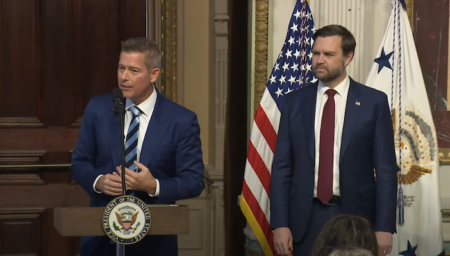IEEE, the world’s largest technical professional organization dedicated to advancing technology for humanity, has signed a memorandum of understanding (MOU) with the American Center for Mobility (ACM). The MOU is intended to help accelerate development and deployment of technical standards.
The IEEE Transportation Electrification Community (TEC) coordinates IEEE activities in the electrification revolution across transportation domains, including advances in electric and hybrid cars, more-electric ships and aircraft, rail systems, personal transportation; and the motive, storage, power grid, electronic intelligence and control technologies that make them possible.
The ACM and IEEE TEC will identify needs for standards, as well as validation and conformance testing requirements, as part of the agreement. IEEE TEC and the ACM will also promote the importance of standards, interoperability and validation and testing compliance.
“Across wireless, vehicle-to-vehicle and vehicle-to-infrastructure communications, 5G, and a host of other areas, IEEE is a global leader in standards development and expertise for connected and automated vehicles and related technologies and infrastructure,” said John Maddox, American Center for Mobility president and CEO. “This makes the IEEE Transportation Electrification Community an ideal partner for the ACM in our work to serve the broad needs of industry and government in testing vehicles, roads, infrastructure and communication systems, as well as national standards for mobility technologies before vehicles and other products are deployed.”
The ACM is a uniquely purpose-built premiere national facility for mobility and advanced automotive testing and product development focusing on testing, validation and self-certification of connected and automated vehicles and other mobility technologies at the 500-acre historic Willow Run site in southeast Michigan.
“This agreement connects us formally with a world-class testing and validation environment in the American Center for Mobility, through which technologies and systems can be continually improved,” said Yaobin Chen, chair of IEEE TEC. “Together, our organizations can generate the crucially needed data that government officials, regulatory agencies, etc, can leverage for scientifically based decision-making to the benefit of the future of electric transportation.”




